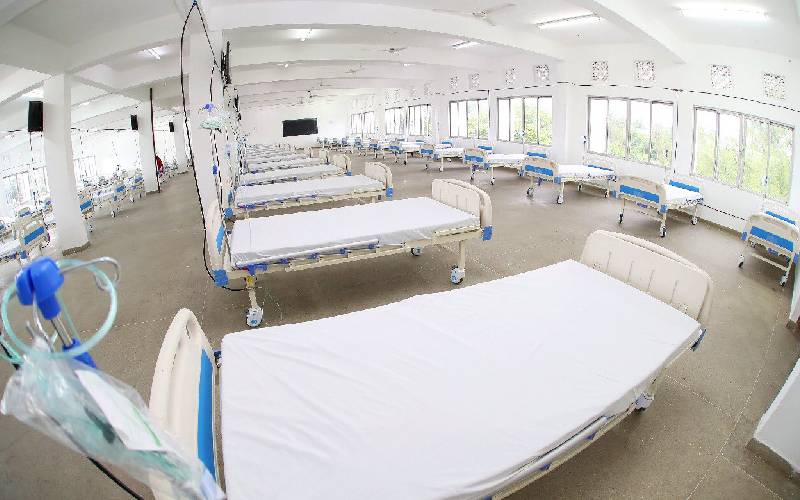
I have to admit that I didn’t take corona seriously at first. I lived through the Mars and SARS epidemics and they were not a big deal. What was the big deal about corona? Four or five people dying from any disease is not a big deal in Africa, after all, more people die of malaria every day. Health CS Mutahi Kagwe’s daily reports were hardly alarming and sounded academic. Then we started seeing Italians and Americans die like flies. We saw their world-class hospitals overwhelmed. Then bodies started piling up and reality set in.